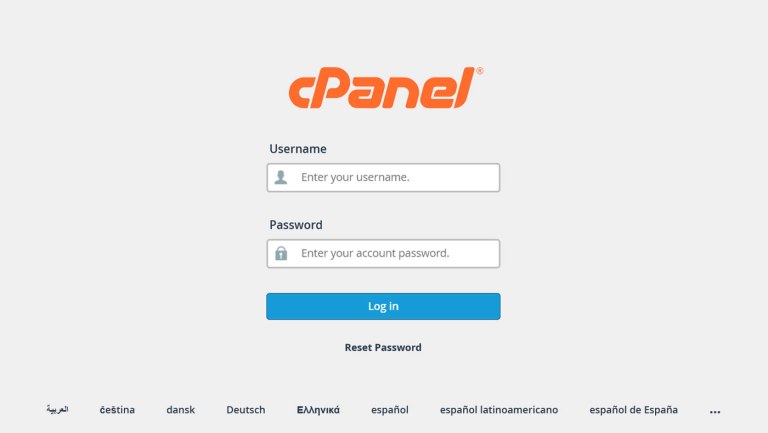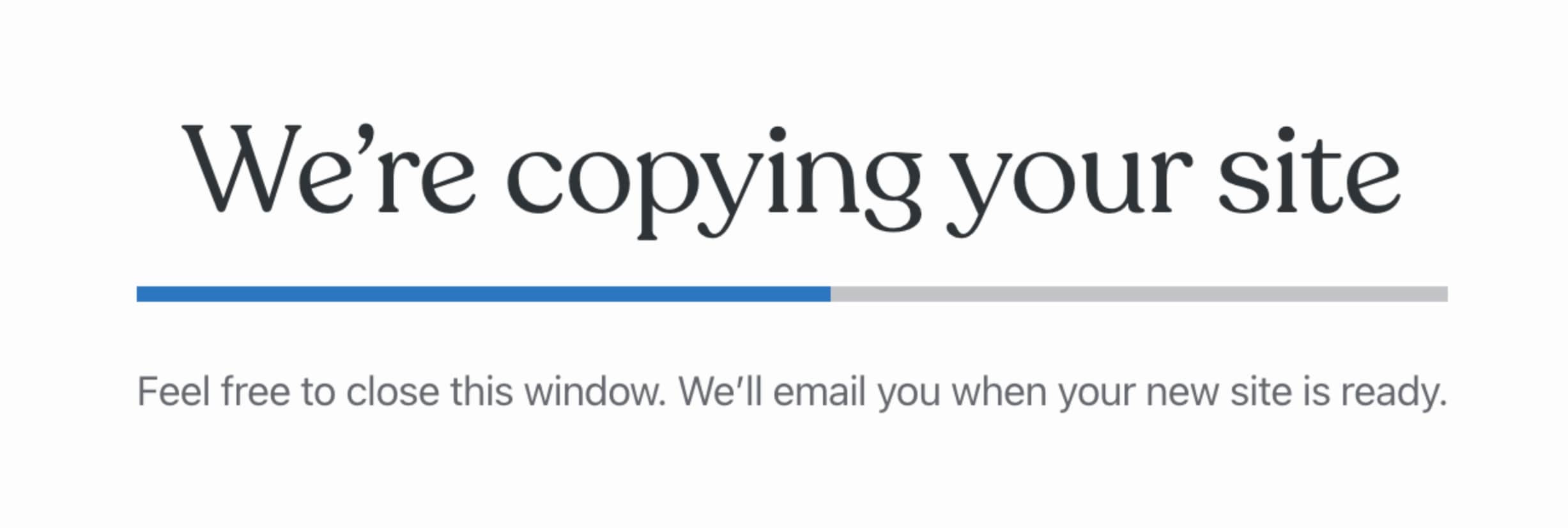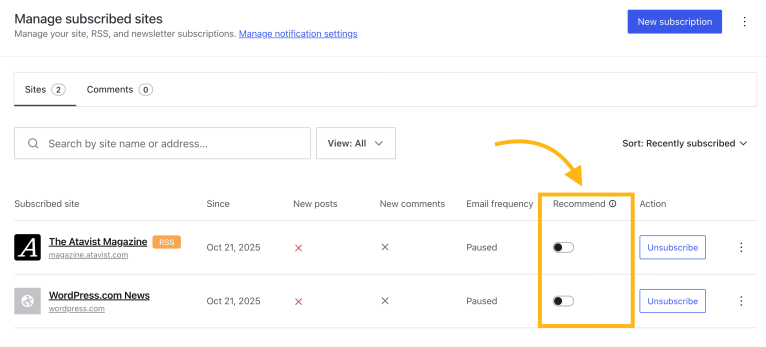“Unlocking the Mystery of cPanel: Why Your Favorite Blogging Platform Skipped It!”

It was originally designed to make hosting more accessible to non-technical users by allowing them to perform server tasks that usually require expert knowledge. Over time, cPanel has also become a standard tool for developers because of its wide adoption and broad functionality.
cPanel is a popular management software that allows you to:
- Manage website files via the file manager
- Create and manage FTP (file transfer protocol) accounts.
- Create and manage MySQL databases.
- Set up domains, subdomains, and DNS (domain name system) records.
- Create and manage email accounts tied to your domain.
- Install CMS (content management system) platforms like WordPress using one-click installers.
- Manage backups, SSL (secure sockets layer) certificates, and server usage statistics.
- Connect your site to a CDN (content delivery network).
It’s important to note that cPanel is a third-party program independent from your website. You must log in to it separately, usually through an address like https://example.com:2083, using a separate username and password.












